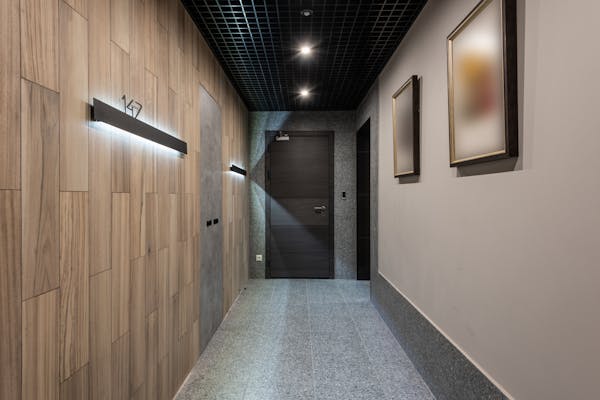When choice comes at a cost
Ever felt like private healthcare is more like ordering à la carte than getting what you actually need? Sure, private hospitals might seem sleeker and faster, but the hidden downsides can hit harder than you'd expect. Let’s break down the shiny surface and get into what’s really going on underneath. This isn’t about doom and gloom — just an honest chat, over coffee maybe, about what no one’s telling you.
Private healthcare often sells itself on speed, comfort, and control. But here's the rub — those perks aren’t free, and sometimes, they're not even real perks at all. You might end up trading peace of mind for a bigger bill, or worse, missing care that could’ve come free and faster elsewhere.

Hidden costs, unexpected limits
You’ve got your private plan. You feel in control. But then—bam—something isn’t covered. Or maybe that consultant you picked so carefully doesn’t actually handle your kind of case. It’s like booking a fancy hotel room only to find the spa’s under renovation and breakfast isn’t included.
Here’s where people often get caught out:
- Out-of-pocket surprises, even with insurance
- Limited emergency care options
- Narrow treatment coverage
- Some private hospitals don't offer intensive care units
It’s not uncommon to hear someone say, “Wait, I thought I was covered for that!” That's one of the key disadvantages of private health care: it’s not always built for unpredictability. Especially when the fine print isn’t quite in plain English.
But what about the perks?
Yes, you’ll probably get your own room. And yes, waiting lists are often shorter — especially for things like elective surgeries or dental treatment. Speaking of which, bupa dental insurance does make things smoother for those wanting to skip NHS queues, though it won’t cover every whitening whim or fancy veneer.
Still, those luxuries don’t mean the system’s perfect. They just mean you’re paying for comfort — not necessarily better or safer care. That difference matters, especially in urgent or complex situations.
Private care behind the scenes
If you've ever peeked into the job side of it, private healthcare jobs can seem like a dream. Higher salaries, less bureaucracy — sure. But there’s also less job security, and you might find yourself working for multiple providers, juggling roles like a circus act.
Some professionals even report feeling more like service staff than medical experts, with patients expecting a luxury experience rather than essential care. It’s a different kind of pressure, and not everyone thrives in that world.

So, is it all bad? Not at all. But it’s not all glitz either. If you're thinking of going private, think hard about what you're really paying for. Do your research. Compare what’s covered and what’s not. Ask yourself — do I want the suite, or do I need the safety net?
Sometimes, peace of mind isn’t about skipping the queue — it’s knowing someone’s got your back when it counts. Just my two cents.
|
|
| Health enthusiast. Detail-oriented. I turn wellness ideas into clear, helpful tips. You’re warmly invited to explore my posts to see more. |
|
|
Comments on “The Real Disadvantages of Private Health Care”